Just Ban Slates Already
Since this seems like the sort of post that might get a bit of attention, I figure I should toss a link to my Kickstarter at the top, and politely ask you to at least click through and look at it to see if it’s something you’re interested in backing.
I’ve mostly stayed out of Hugos stuff for the last couple weeks, having a book to promote and all. And because it didn’t seem necessary. The situation was straightforward and as expected last year – one more year of Puppies and then normal business would be restored. Except that over the last couple of weeks several analyses have thrown some cold water on the hope that the E Pluribus Hugo nomination reform expected to pass at MidAmericon II this year will be quite the fix that many of us hoped for, with reports suggesting that it will at best allow the overwhelming majority of fans to have 1-2 slots per category that are not dictated by a tiny minority of racist dunderheads. A considerable number of new proposals to deal with this have thus been circulated, most of them preposterously baroque, clearly ineffectual, or both. This is strange, as the problem is not actually particularly hard to solve if you want to. Just ban slates.
After all, the Hugo Ballot is fifteen categories long. Each category has five nominating slots (possibly four after this year). That’s seventy-five slots on a ballot, all of which can be filled with any novel, short story, podcast, fan writer, or whatever that you want. The odds that two ballots are going to be identical through means other than active coordination are already vanishingly small. The odds that dozens or hundreds are is simply non-existent. If you want to get rid of the disruptive voting practices by which a vindictive psychopath is ruining the Hugo Awards, just get rid of them directly. I mean, the Hugo FAQ already pretty much declares them against the rules by saying “don’t nominate or vote for something you have not read or seen, and don’t vote based on reputation — the Hugos are meant to honor your choices and judgments.” It’s just that there’s not a single mechanism to actually enforce that.
There are, of course, other proposals out there – Kevin Standlee has put three up on File 770. But these all involve significant revamping of the system, introducing things like a third stage of voting (with seemingly no thought as to how this would fit into the timetable) or arbitrarily allowing categories to be extended. These might work. They might also be gamed, however, much like E Pluribus Hugo looks to be gameable. What isn’t gameable – what is indeed inherently ungameable – is simply banning organized campaigns to do anything other than have fans nominate works they read and enjoyed. (And notably, if in fact there have been seekrit leftist attempts to manipulate the Hugos for years, an allegation that literally not a shred of evidence has ever been presented for, this would have the effect of shutting them down too.)…

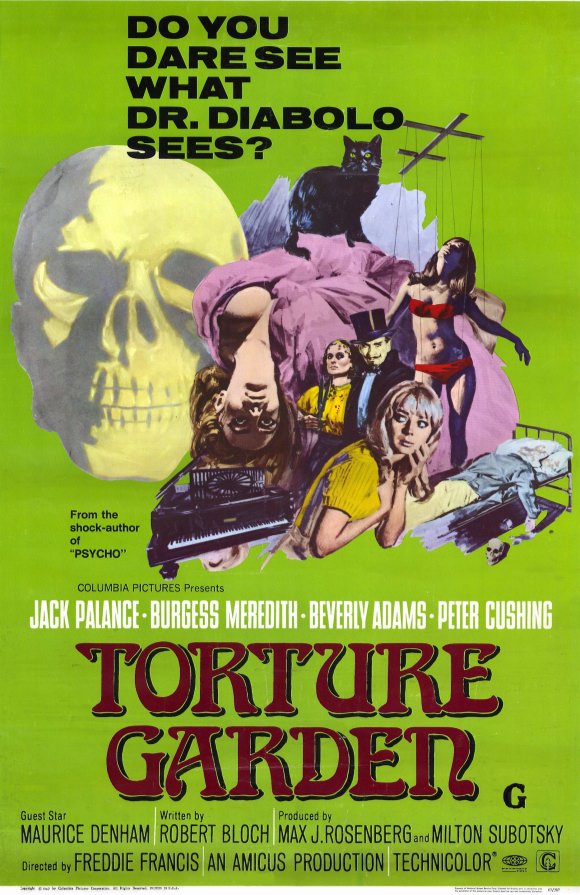 Holly and James are back with another installment of City of the Dead, their madcap trip through the film catalog of Amicus Films. This one apparently has both killer cats and pianos, as well as Hollywood robots and an immortal Edgar Allen Poe. So yeah, that’s an impressive pile of topics. I’m suitably in awe.
Holly and James are back with another installment of City of the Dead, their madcap trip through the film catalog of Amicus Films. This one apparently has both killer cats and pianos, as well as Hollywood robots and an immortal Edgar Allen Poe. So yeah, that’s an impressive pile of topics. I’m suitably in awe. NOTE: This article has been amended to remove factual errors (please see the comments).
NOTE: This article has been amended to remove factual errors (please see the comments).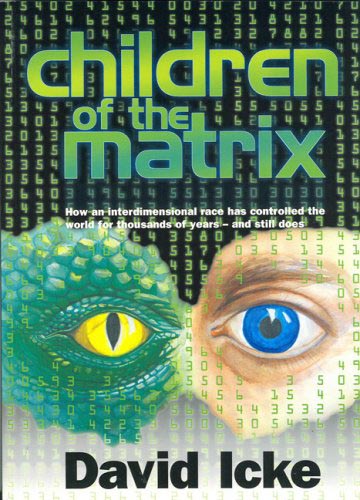 For the third of our series of Neoreaction a Basilisk (
For the third of our series of Neoreaction a Basilisk (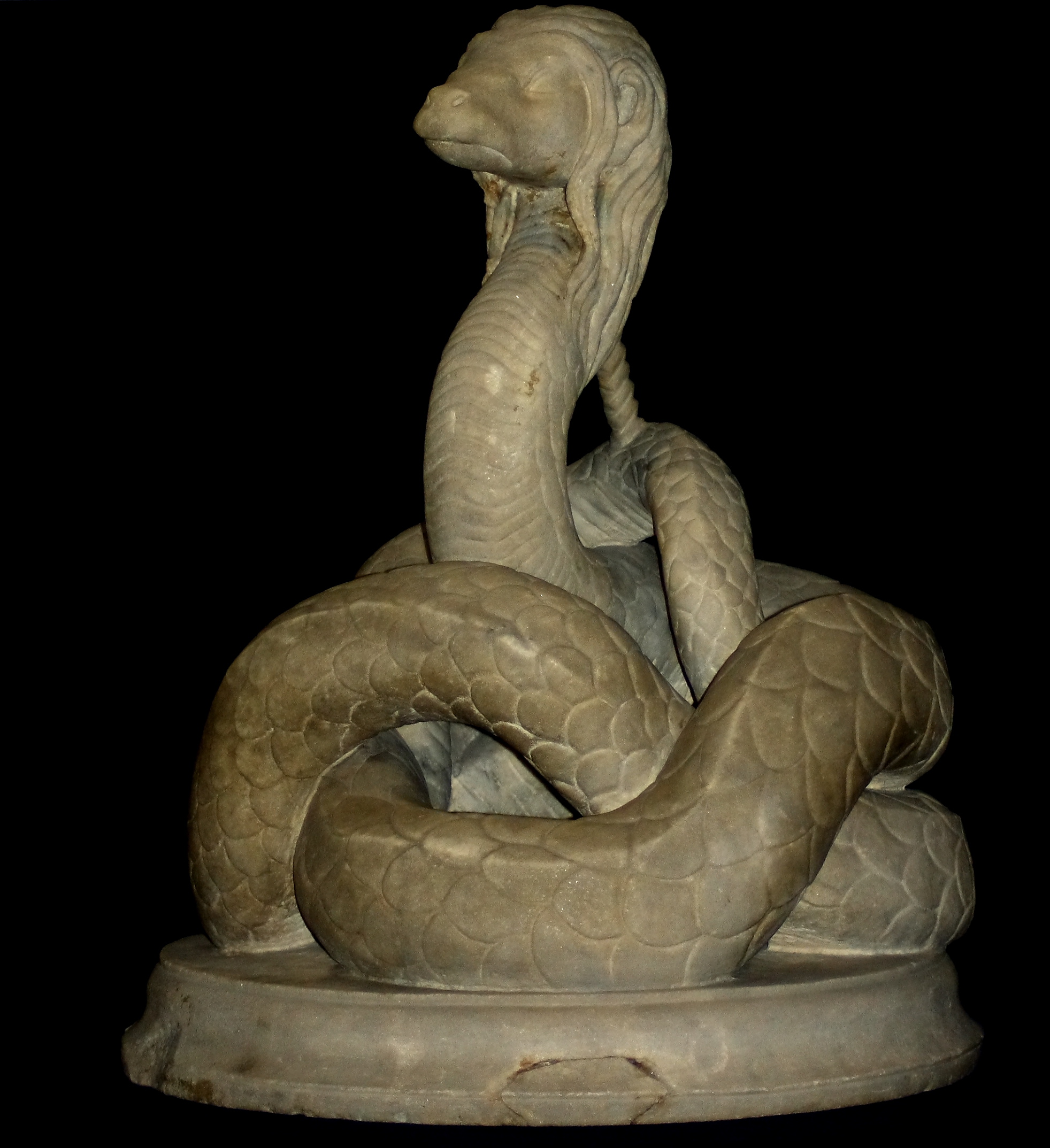 This will be the last excerpt I post here, unsurprisingly from fairly late in the book. The epigraph early on marks the closest thing the book has to chapter breaks. (So this is the end of the fifth and start of the sixth of seven quasi-chapters.) This may be my favorite excerpt, just by dint of how much it highlight’s the book’s ability to move among and synthesize a wide variety of topics. Anyway,
This will be the last excerpt I post here, unsurprisingly from fairly late in the book. The epigraph early on marks the closest thing the book has to chapter breaks. (So this is the end of the fifth and start of the sixth of seven quasi-chapters.) This may be my favorite excerpt, just by dint of how much it highlight’s the book’s ability to move among and synthesize a wide variety of topics. Anyway, 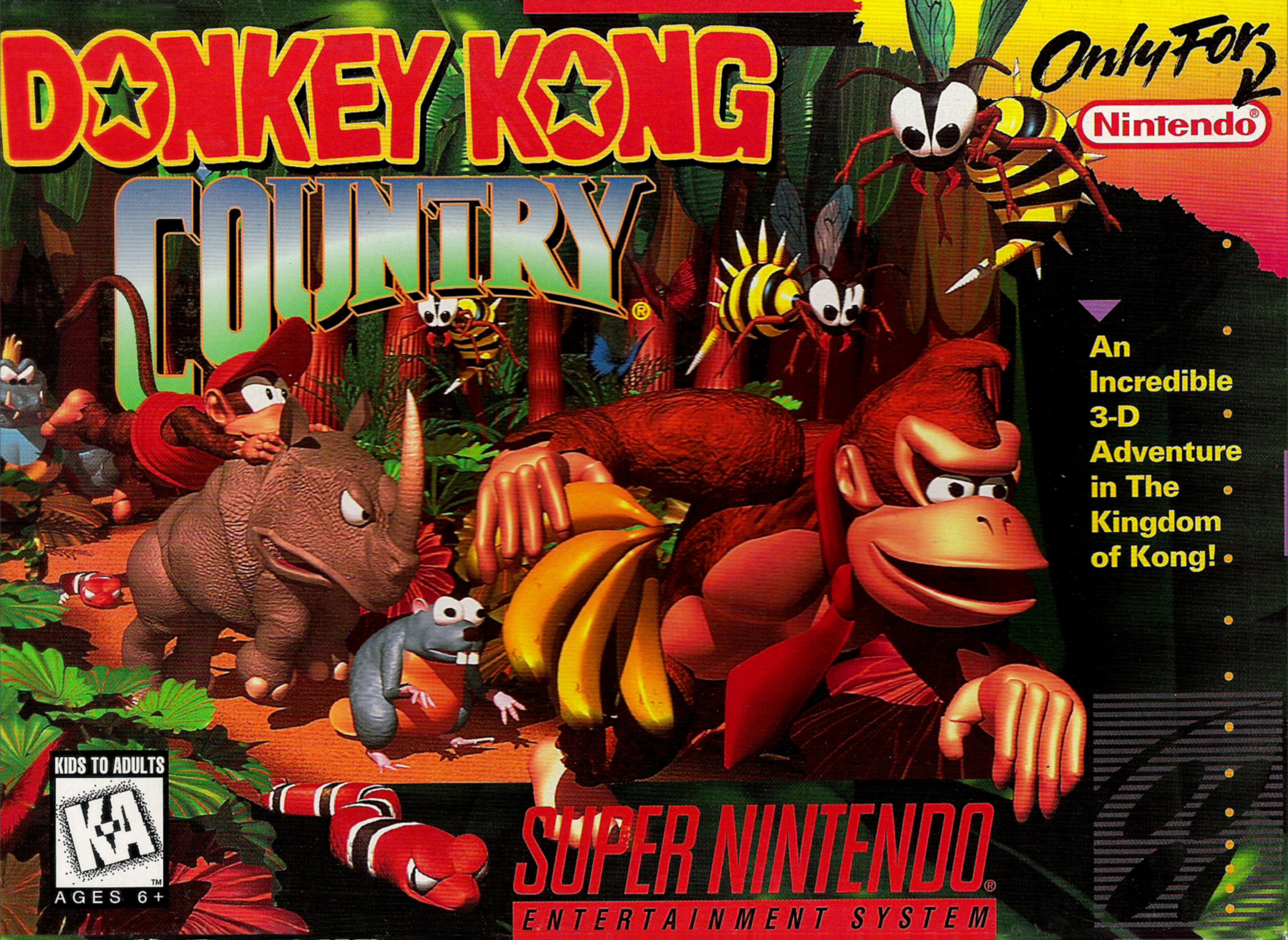 To start, a dyad.
To start, a dyad.

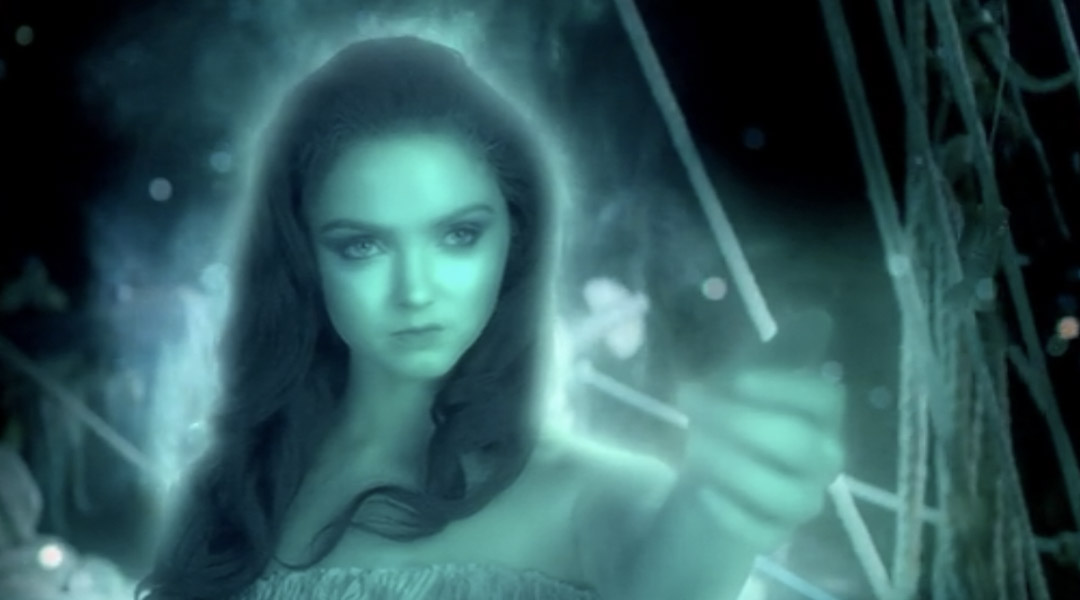 In a very special pocast (albeit one recorded a month ago) Jane and James discuss Steve Thompson’s Doctor Who episodes. At length. Now, mind you, this was at midnight over here in the States, and I was well past my bedtime. Whereas James was bright-eyed and bushy-tailed at 6am over in the UK. So I would definitely go James’s version of the event, because my memory is hazy on the point. I think I kept talking about death. Yeah. That seems likely.
In a very special pocast (albeit one recorded a month ago) Jane and James discuss Steve Thompson’s Doctor Who episodes. At length. Now, mind you, this was at midnight over here in the States, and I was well past my bedtime. Whereas James was bright-eyed and bushy-tailed at 6am over in the UK. So I would definitely go James’s version of the event, because my memory is hazy on the point. I think I kept talking about death. Yeah. That seems likely.